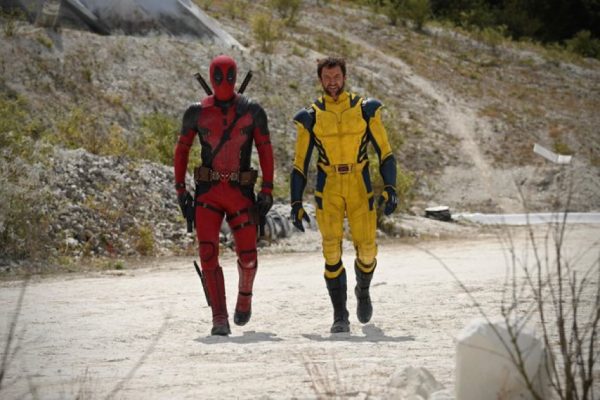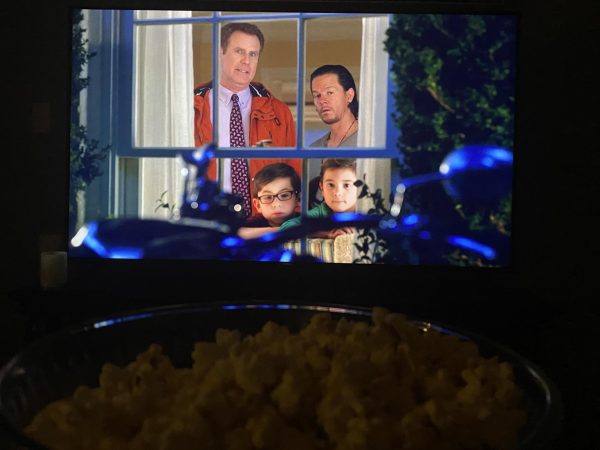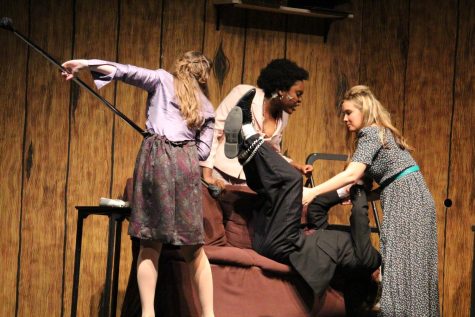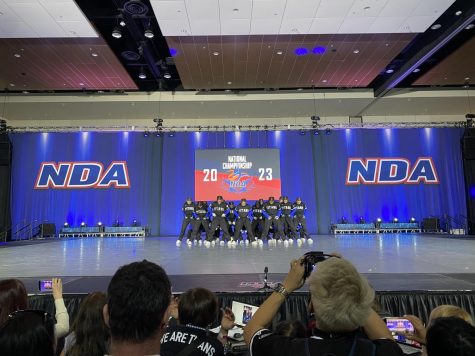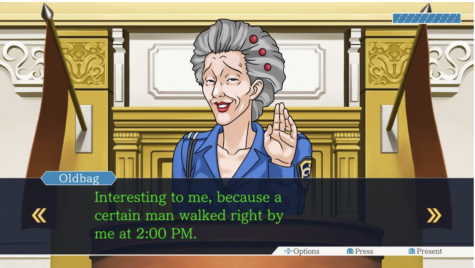The Sound and the Fury
In only his sophomore effort, Justin Kurzel has managed to forge the premier cinematic adaptation of William Shakespeare’s “Scottish Play,” outdoing Orson Welles, Akira Kurosawa, and Roman Polanski, three of the medium’s all-time greats. He strips Shakespeare’s shortest tragedy to its gaunt, blood-drenched skeleton of guilt and familial inextricability and emerges triumphant with a film so raw and so visceral that it feels as if the blood of the slain sprays onto the audience itself.
The film could’ve gone the way of Kurzel’s debut, 2011’s Snowtown, an account of the infamous Australian perpetrators of the Snowtown murders that was rendered impotent by its self-conscious hyperreality and paralyzed by its own intensity.
Kurzel contorts Shakespeare’s texts at times, augments it at others, and while this is sure to vex purists, I feel it is to the film’s benefit. He opens with the Macbeth’s lifeless heir atop a funeral pyre, leaves Lady Macbeth with Marion Cotillard’s trademark accent, and has the aforementioned Lady bear witness to her husband’s massacre of Lady Macduff and her children. All these twists fuse to render Shakespeare’s most fascinating creation, Lady Macbeth, a multifaceted and more compelling character, instilling within her a mother’s virulent guilt, a mail-order-bride’s all-consuming desire to prove her worth, and, ultimately, a brutal irony.
If the play’s namesake himself is dealt a blow by Kurzel’s changes, Michael Fassbender doesn’t let it show. The man was born to play Macbeth, wholly inhabiting the swaggering Scottish fiend from his feral, war-painted introduction on the battlefield to the moment at which it’s time to tear him limb from limb. He even manages to exude demonic cruelty while toying with a blade, infantilized by the cavernous fruits of his fury.
Marion Cotillard is the more inspired, but no less effective, choice of the two. She, especially in comparison to Fassbender’s inferno, is the epitome of icy intensity. She whispers the “Out, damned spot” soliloquy somnambulant and pierces not only the highland fog in which she has been shrouded but her monstrous, venomous persona. It is some of the finest acting I have ever seen.
Cinematographer Adam Arkapaw wrenches a haunting beauty from the film’s grime and gore, contrasting claustrophobic yet static battle scenes with the crushing openness of Ely Cathedral and the Scottish highlands. Most arresting is his application of color, with almost every shot intoxicatingly monotonous until the crimson-filtered final act that scours the depths of a Hell of its protagonist’s making.
Oddly enough, the incredibly dark film begins and ends with children, both of them forever changed by the central couple’s longing for a legacy. Macbeth has changed Kurzel as well, molding him into not only one our most intriguing contemporary directors but the helmer of the greatest adaptation of the “Scottish Play” yet.




